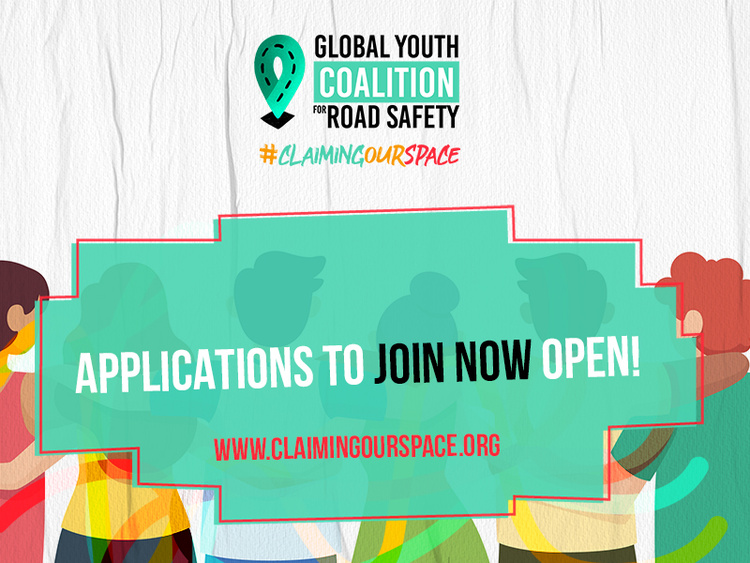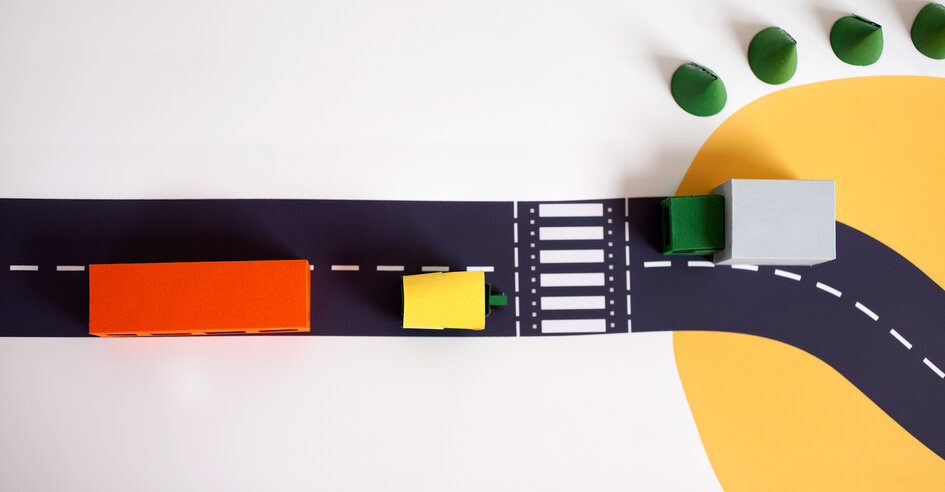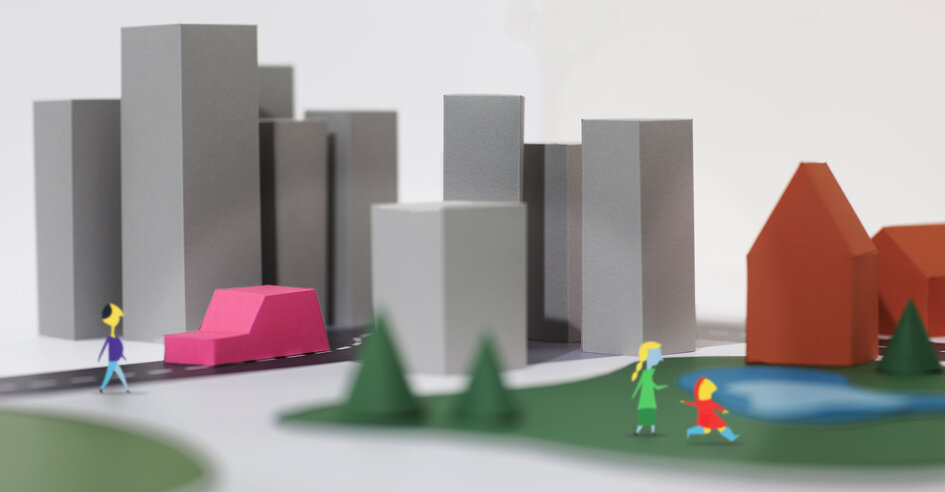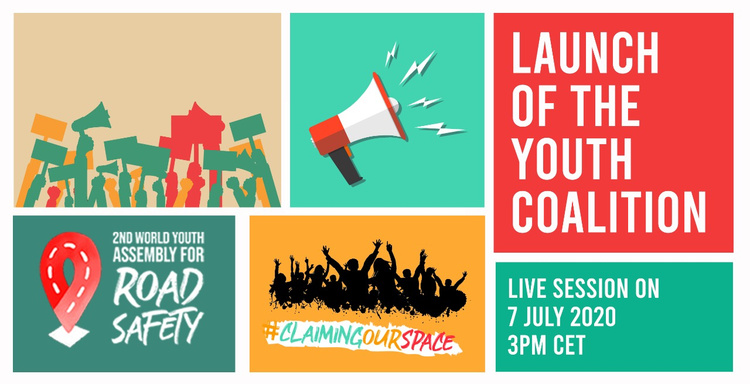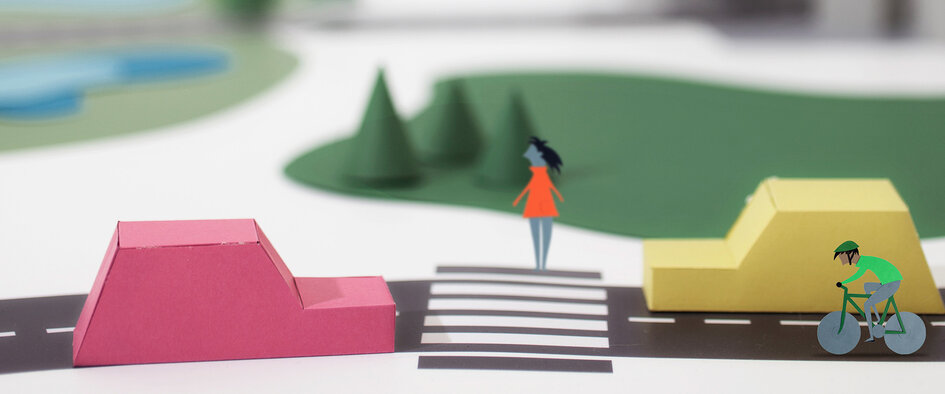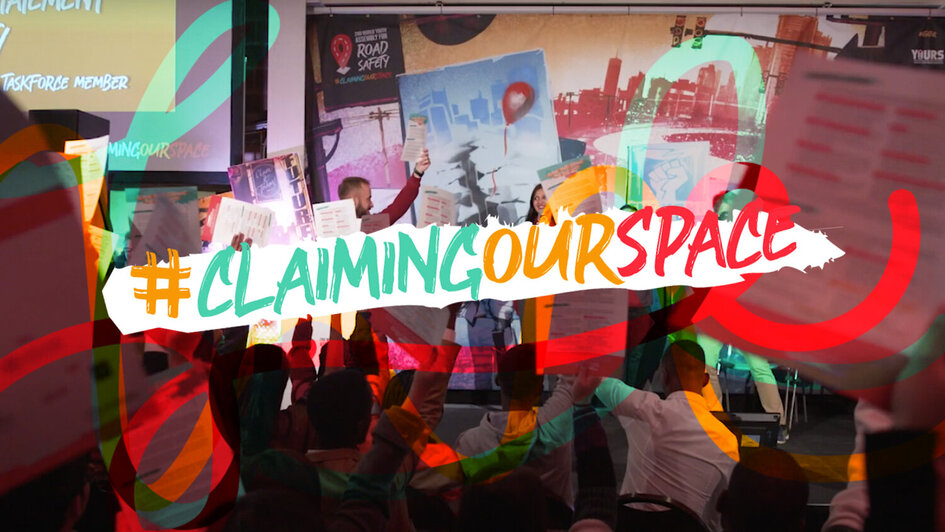
Redefining the Inevitable – An Opinion Piece from Australia
Australia is lucky to have a government system where the decision-makers consider and provide funding for road safety issues – these include infrastructure upgrades, enforcement, and education – but it is clear that we are taking this for granted.
Growing up, hearing about another person losing their life in the roads of my small rural community was a common event.
There was an average death toll of 23 road-related deaths across Australia in 2019, with over 40,000 injuries happening annually, it’s easy to see how Australians have become desensitized to the trauma and accept traffic deaths as inevitable.

However, the most important thing to realize is that our acceptance of road-related deaths as inevitable is the biggest barrier in the efforts to save lives.
The acceptance means that we consent to lose loved ones as a trade-off for speeding on the roads, cheap and unsafe vehicles, and unsafe roads.
The International Road Assessment Program (iRAP) estimates that the financial cost of road trauma in Australia every year comes up to $17.2 Billion.
It doesn’t have to be that way. For instance, Norway’s capital city, Oslo, with a population of almost 700,000, had only one road-related death in 2019.
“The new Decade of Action for Road Safety is about to begin and we have to take action, set targets, and be accountable.”

The new Decade of Action for Road Safety is about to begin and we have to take action, set targets, and be accountable. To meet the United Nation’s Sustainable Development Goal (SDG) 3.6 or to halve road-related deaths and injuries by 2030, we must all commit to this goal immediately.
A halt in our actions is not an option because creating live-saving infrastructure, participating in legislative reforms, and establishing behavior change has a lag time. If we had started years ago, we would already be seeing the impact of our actions toward safety.
We must change the conversation about what is acceptable and achievable in saving lives.
It is disturbing to know that 62% of Queensland drivers admit to speeding. It shows that we have a long way to go if we are to change driver behavior, build safe infrastructure, and change the notion that road deaths are inevitable.
If we continue the way we are, approximately 12,000 more Australians will die on the roads in the next 10 years. To save their lives by 2030, we need to start working today.
Every day we wait, we are accepting the death of 23 more people.
This is no longer acceptable.
Sources:
Budget Direct. 2019. Car Accident Statistics 2019.
Retrieved from https://www.budgetdirect.com.au/car-insurance/research/car-accident-statistics.html
RACQ Living. 2020 December 3. Acceptance of Road Deaths our Biggest Barrier.
Retrieved from https://www.racq.com.au/Living/Articles/Acceptance-of-road-deaths-our-biggest-barrier
Wray, Sarah. 2020 January 9. Drivers are Guests: How Oslo cut Traffic Deaths to Almost Zero in 2019.
Retrieved from https://www.smartcitiesworld.net/news/news/drivers-are-guests-how-oslo-cut-traffic-deaths-to-almost-zero-in-2019-4923
Courier Mail. 2020 March 1. QLD Crime: Spike in Speeding, Drink Driving …
Retrieved from https://www.couriermail.com.au/subscribe/news/1/?sourceCode=CMWEB_WRE170_a_GGL_PC&dest=https%3A%2F%2Fwww.couriermail.com.au%2Ftruecrimeaustralia%2Fpolice-courts%2Fsurvey-shows-queensland-drivers-admit-to-drinking-and-speeding%2Fnews-story%2F382fa9c2ebea3ead8549505a3a652d89&memtype=anonymous&mode=premium

